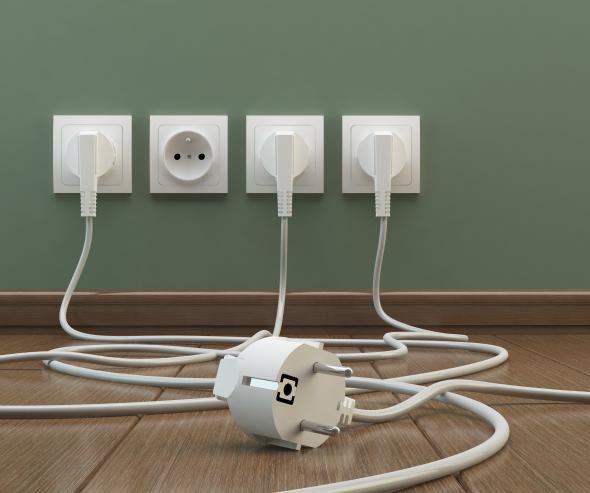Electrical equipment: the Autorité imposes fines of €470 million on the manufacturers Schneider Electric and Legrand and the distributors Rexel

Electrical equipment: the Autorité imposes fines of €470 million on the manufacturers Schneider Electric and Legrand and the distributors Rexel and Sonepar for vertical resale price fixing
The Autorité de la concurrence has imposed fines totalling €470,000,000 on two vertical price agreements between manufacturers and distributors in the low-voltage electrical equipment sector. The first agreement was implemented by Schneider Electric and its distributors Rexel and Sonepar from December 2012 to September 2018, while the second was implemented by Legrand and its distributor Rexel from May 2012 to September 2015.
The two agreements took the form of a so-called “derogation” system, which in the case at hand enabled electrical equipment manufacturers to set the resale prices of their products to end customers, and distributors to preserve their margins.
The existence of a criminal law component
The practices came to light following a judicial investigation opened by the Paris Public Prosecutor following a report from the Autorité’s General Rapporteur sent based on Article 40, paragraph 2 of the French Criminal Procedure Code (Code de procédure pénale).
The Autorité’s decision in no way prejudges the outcome of the criminal proceedings.
The “derogation” system
End customers of low-voltage electrical equipment frequently request, often directly from the supplier, lower prices than distributors’ standard purchase prices.
To enable distributors to meet these demands without selling at a loss, annual framework distribution contracts often include a mechanism for adjusting distributors’ standard purchase prices. In concrete terms, the distributor enjoys, through the granting of a credit, a new “derogated” purchase price and can thereby align itself with the price sought by the end customer. The new purchase price is sufficiently low to allow the distributor, if it so wishes, to grant additional price reductions to the end customer, as this option was never prohibited in the contracts in the file examined by the Autorité.
In the case in hand, however, the Autorité found that the companies in question had agreed to neutralise this possibility and, in effect, to fix end-customer selling prices. In so doing, they limited intra-brand competition between distributors, to the detriment of end customers, and helped to maintain high standard prices in France.
The Autorité considers that these practices are particularly serious in that the low-voltage electrical equipment sector is characterised by a high degree of concentration, both upstream and downstream.